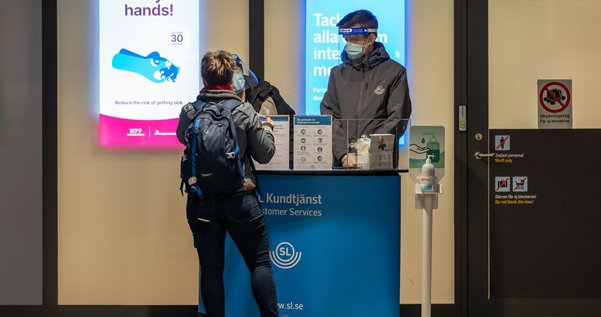- Joined
- Sep 11, 2021
- Messages
- 18,826
- Reaction score
- 11,571
- Gender
- Undisclosed
- Political Leaning
- Very Liberal
Sweden didn't do as well as her peers.
Getting a C does not mean you failed compared to your friend who got an A.
Not that Norway or Finland actually got A's though.
African nations have done amazingly well, though one is entitled to be suspicious that they're not collecting data properly. Asian nations generally got A's, led by Japan and South Korea whose figures aren't in any doubt. And small island nations in the Pacific are the only ones to have no deaths at all.
African nations may have actually benefitted from what is usually a bad health statistic: not many old people. And in common with Asia, low rates of obesity.
It's remarkable that less gets said about the stellar performance of Asian nations (A's even for poor nations, A+ for the developed ones) because we need to learn what works and what doesn't. And when I say "we" I mean we the people, not "we" as in governments. Governments need to learn restraint: giving orders that aren't followed, does not work and never will work in countries that believe in individual freedoms.
To be blunt, Americans need to lose some weight. Covid is not the only health risk they're taking.

/cloudfront-us-east-2.images.arcpublishing.com/reuters/KOJZXJFF4ZJYLHYHFZUYLZ2DUM.jpg)

